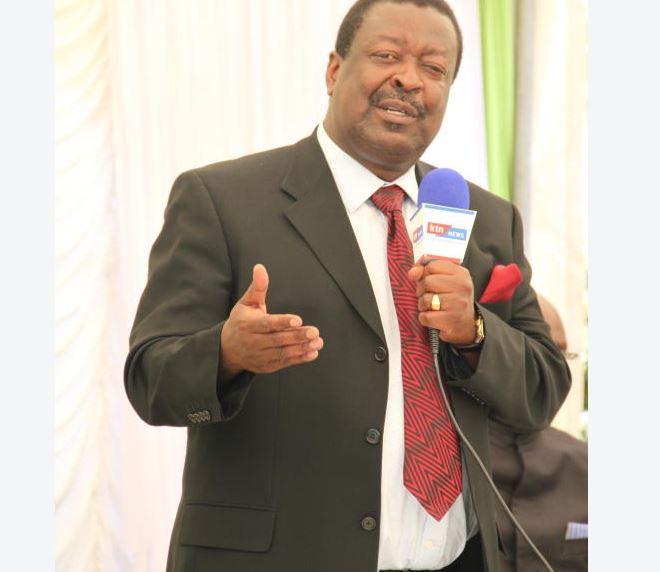×
The Standard e-Paper
Kenya’s Boldest Voice

The appointment of two top opposition supremos to key diplomatic positions is the final blow to the opposition as the Government seeks to eradicate dissidents.
Through the assistance of President Uhuru Kenyatta, National Super Alliance (NASA) leader Raila Odinga was named the Africa Union High Representative for Infrastructure Development, while his counterpart Kalonzo Musyoka was picked to head the Joint Monitoring and Evaluation Commission on peace in South Sudan.